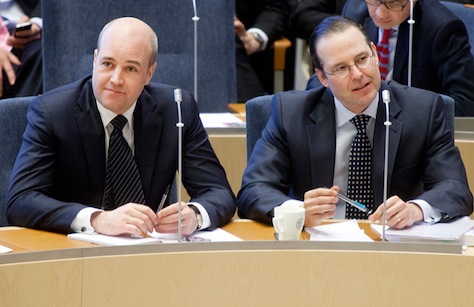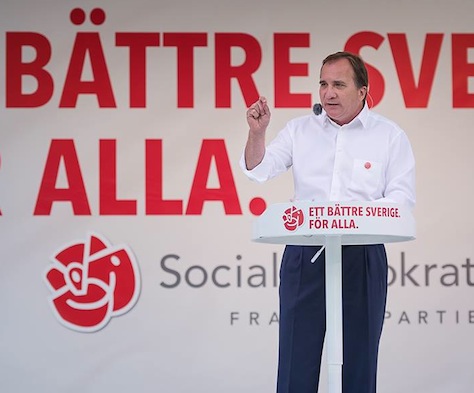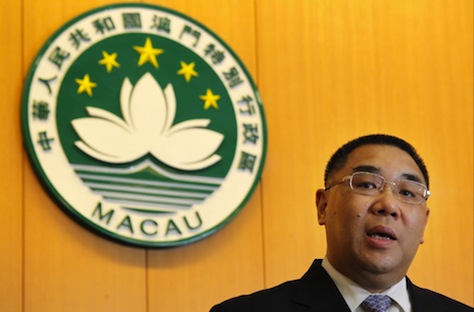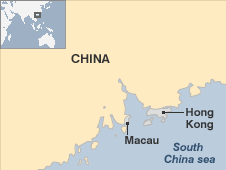Voters go to the polls in Scandinavia’s largest country on September 14, and if he can hold onto the lead that his party has enjoyed for over a year, former labor leader Stefan Löfven (pictured above) will become Sweden’s next prime minister. ![]()
That’s slightly surprising because most Swedes don’t necessarily give center-right prime minister Frederik Reinfeldt poor marks. In two terms, Reinfeldt has earned praise, domestically and abroad, for his government’s economic stewardship, bringing Sweden out of the 2008-09 financial crisis with some of the strongest growth in the European Union. In that time, Reinfeldt has reduced the size of Sweden’s public sector, while nevertheless retaining the character of his country’s renowned social welfare state.
Reinfeldt’s governments amassed an impressive series of legislative accomplishments over the past eight years. Under his watch, Sweden privatized several public interests, including the maker of Absolut vodka, and otherwise deregulated the pharmaceutical, telecommunications and energy industries. Reinfeldt introduced the earned income tax credit to reduce taxes on the poorest Swedes while instituting a series of tax cuts, including the abolition of the wealth tax in 2007 and a reduction in the VAT rate on restaurants from 25% to 12%. His government also passed a law to permit same-sex marriage in 2009 with wide support from the opposition.

In his government’s second term, Reinfeldt avoided the recession that otherwise afflicted much of the rest of the eurozone. Though Reinfeldt and his finance minister, Anders Borg (pictured above, right, with Reinfeldt, left), have resorted to deficit spending to boost Sweden’s economy, their budget deficits haven’t fallen much below 1% of GDP. That’s a much better fiscal record than the average eurozone member, and it’s kept Swedish public debt at the relatively low level of around 40% of Swedish GDP.
It’s arguable that by reforming, privatizing or abolishing the least efficient areas of the Swedish public sector, Reinfeldt’s governments updated for the 21st century the existing welfare state that the long-dominant Sveriges socialdemokratiska arbetareparti (Swedish Social Democratic Party) built in the 20th century. Continue reading One month out, Löfven and Social Democrats lead in Sweden


